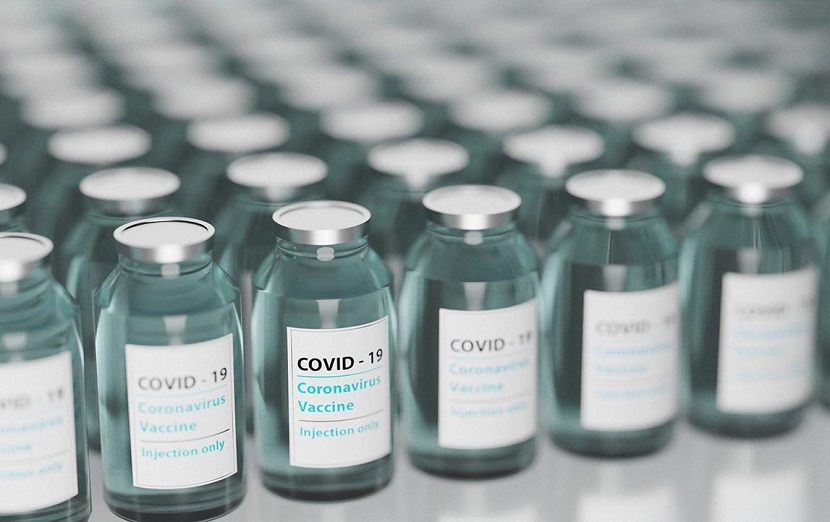Last month, the disgraced and discredited CDC once again repeated its claim that COVID-19 vaccines prevent hospitalization, ventilation, and death from COVID. As always with the CDC, the study they cited as grounds for this claim turns out to be junk science.
When KPTV on March 21, 2022, gave people the news of CDC’s claim, they didn’t bother to cite what kind of study the agency carried out and even when it was published, under what title, or any other important details for that matter. It was a one-minute clip with little information about the research—just a passing reference to parrot the reminder for taking the shots.
But the study on CDC website itself shows its sketchy nature and poor quality as well as serious conflict of interest that all discredit it. The details reveal the following flaws in the study.
- The study’s methodology is laughable. Vaccinated people with one shot were not included in the study neither were those who took their final shot less than 7 days (in case of 3rd dose) to 14 days (in case of 2nd dose) before falling sick with COVID. This manipulation skews the results in favor of the so-called vaccine effectiveness.
- Instead of making COVID-positive vaccinated people case patients and COVID-positive unvaccinated control patients – which would present a direct and more reliable comparison – the study included COVID-negative patients with or without “COVID-19–like illness”. This is ridiculous as obviously the CDC did not intend to really compare its so-called vaccine effectiveness in vaxxed versus unvaxxed.
- More vaccinated patients were excluded from the study for various reasons including the reason that they took the shot “before authorization”.
- The study doesn’t detail the comparison of the exact health conditions of both groups – vaccinated versus unvaccinated.
- The conclusion is faulty and vaccine-serving. The study says “Among 1,440 COVID-19 case-patients who received IMV or died, 307 (21%) had received 2 or 3 vaccine doses before illness onset.” While it shows the COVID vaccines failed by at least 21 percent, the conclusion claims 90 percent effectiveness. In simple everyday language, this is called lying.
- There is no scientific evidence that the 80 percent of vaccinated case patients did not die or were put on ventilators because of the COVID vaccines they took. If the vaccines didn’t save the 21 percent from death or ventilation, what is the rationale to credit them for the 79% that avoided these sad outcomes?
- The sample size of the study is too small – just a few thousand case patients from 18 states in a country with 50 states and 330 million people. As the study acknowledges, it is not representative of the population. The results are thus not applicable as scientific fact to declare COVID vaccines effective, like the media did.
- The study admits vaccine failure in people weak immune systems as those suffering from multiple other diseases – i.e. the immune-compromised. These are the ones that really need immunity and it’s baseless to declare vaccines that fail in protecting them as effective.
- The study has huge conflict of interest. CDC is federally funded and federal government is stakeholder in Pfizer and Moderna COVID vaccines. Their study cannot be called independent or objective. Independent sources need to replicate and validate it.
- Multiple authors of the study received funding/compensation from NIH (federal government) and various pharmaceutical companies that are investors in or manufactures of COVID vaccines. (see the document)
For these 10 main reasons, aside from others, this CDC study cannot be considered reliable or credible science.




One thought on “New CDC Study on COVID Vaccines’ Effectiveness is Not Credible Science”